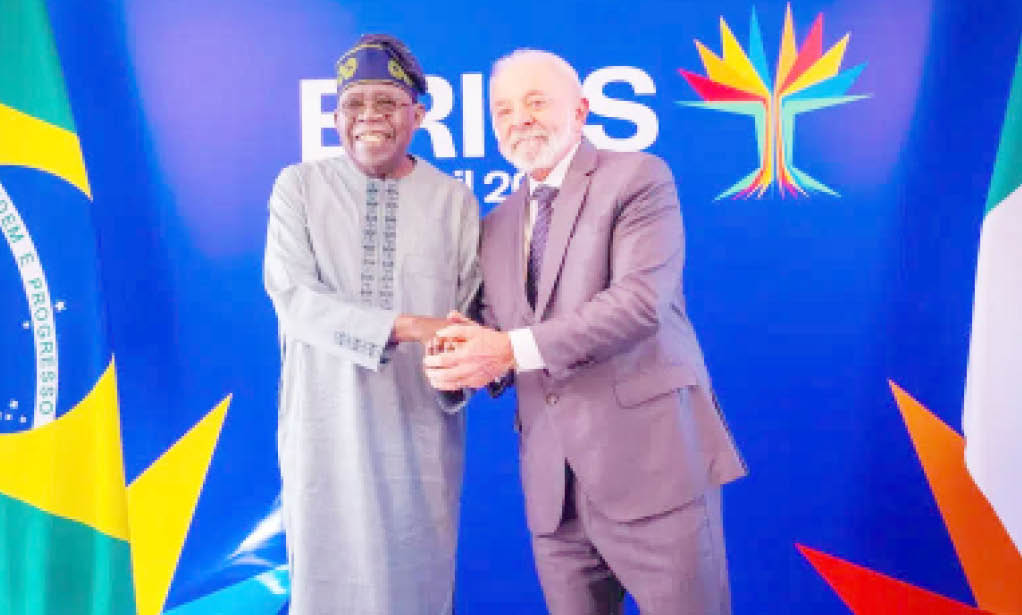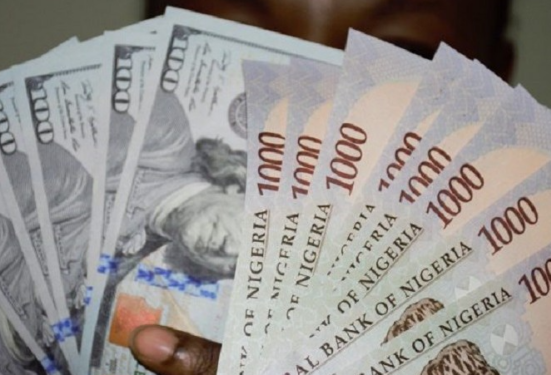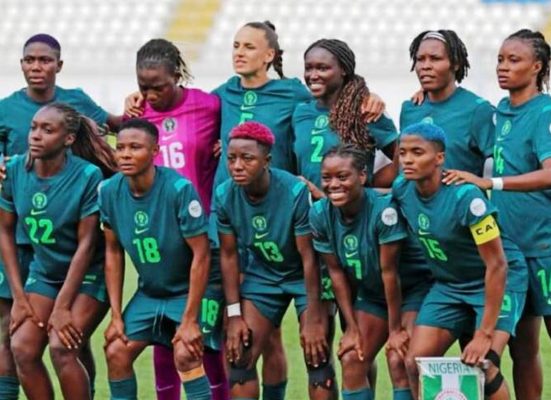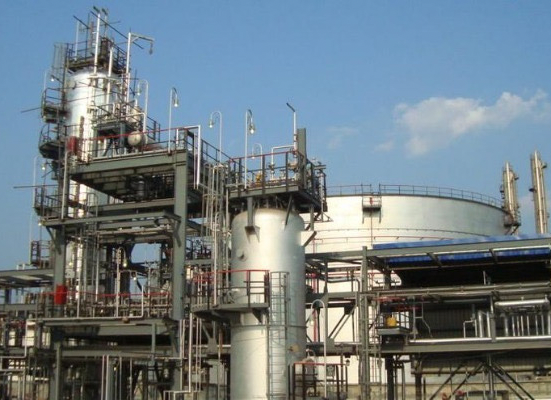A fresh diplomatic standoff appears to be brewing between the United States and Nigeria as U.S. President Donald Trump has threatened to impose an additional 10 per cent tariff on Nigerian goods, citing the country’s recent alignment with the BRICS economic bloc. Trump, who is vying for a return to the White House in the upcoming U.S. presidential election, made the warning public via his Truth Social platform on Sunday, stating emphatically that any country supporting BRICS’ “anti-American policies” would face the full weight of his proposed tariff regime, with no exceptions.
This development comes as President Bola Ahmed Tinubu attends the BRICS Summit currently underway in Brazil. According to a statement released by presidential spokesman Bayo Onanuga on Monday, President Tinubu is actively participating in high-level discussions aimed at reforming global governance structures, particularly in the areas of finance and healthcare. The Nigerian leader’s presence at the summit marks his first formal engagement since Nigeria officially joined BRICS in January 2025, becoming the ninth member of the coalition.
Trump’s comments have ignited concerns among economic analysts and diplomatic observers alike, who fear the escalation in trade tensions could harm Nigeria’s already fragile economy. In April 2025, Trump, during a campaign stop in Ohio, announced a 14 per cent reciprocity tariff on Nigerian imports, a move that was widely viewed as a response to Nigeria’s closer economic ties with non-Western allies. With this latest threat, Nigeria could now face a combined tariff burden of 24 per cent on its exports to the U.S., potentially affecting key sectors such as agriculture, manufacturing, and oil by-products.
The BRICS bloc, which originally comprised Brazil, Russia, India, China, and South Africa, has steadily expanded its influence, with recent entrants including Saudi Arabia, the United Arab Emirates, Iran, Egypt, and now Nigeria. The group is increasingly seen as a counterweight to Western-dominated global institutions, and has been vocal about pushing for reforms in global financial systems such as the International Monetary Fund and the World Bank. At the summit in Brasília, Brazilian President Luiz Inácio Lula da Silva, who currently chairs BRICS, criticized Washington’s growing reliance on tariffs and unilateral policies, insisting that global governance must reflect the realities of a multipolar world.
“If international governance does not reflect the new multipolar reality of the 21st century, it is up to BRICS to help bring it up to date,” President Lula said during his opening remarks.
Trump, in response, lashed out at the bloc’s ambitions, calling them a threat to U.S. global interests. “Any country aligning themselves with the Anti-American policies of BRICS will be charged an additional 10% tariff,” Trump wrote. “There will be no exceptions to this policy. Thank you for your attention to this matter.”
Sources within Nigeria’s foreign ministry who spoke on condition of anonymity confirmed that high-level consultations are currently underway to assess the economic and diplomatic ramifications of Trump’s latest statement. Although there has been no official response from the Tinubu administration, analysts believe Nigeria is likely to maintain its commitment to the BRICS alliance, especially given its long-standing call for more equitable global partnerships and reduced dependency on Western financial aid.
Meanwhile, diplomatic circles in Washington have hinted at broader punitive measures, with reports suggesting the U.S. may be considering travel restrictions on citizens from over 30 countries, including Nigeria. This, coupled with trade penalties, underscores a potentially difficult period in U.S.-Africa relations, one that could reshape Nigeria’s geopolitical orientation in the coming years.
Nigeria’s strategic decision to join BRICS is rooted in a desire to enhance South-South cooperation, foster industrial development, and access alternative financing options that do not come with the stringent conditions typically associated with Western loans. As the summit progresses, observers are watching closely to see how Nigeria navigates the growing tug-of-war between Western powers and emerging global coalitions seeking a more balanced world order.







